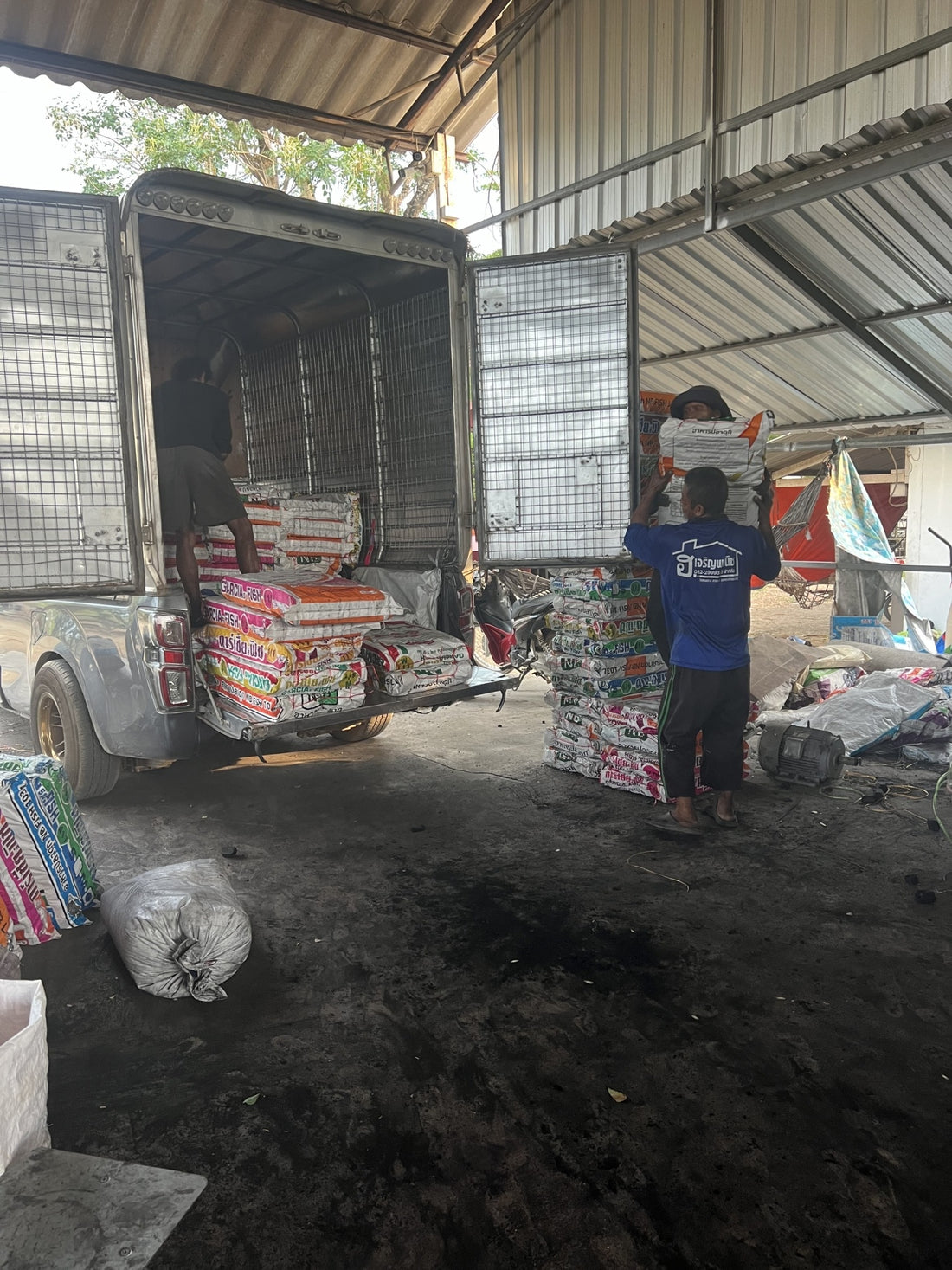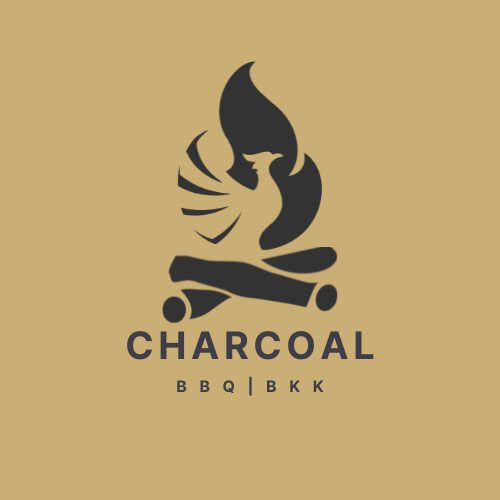
From Waste to Wealth: Transforming Coconut Shells into Sustainable Charcoal
Share
In a world increasingly conscious of environmental impact, finding sustainable solutions to reduce waste and promote renewable energy is more important than ever. One such solution comes from the mountainous Pak Tho district in Ratchaburi, where a local community has ingeniously turned coconut shell waste into high-quality, eco-friendly charcoal. This transformation not only addresses waste management but also provides a renewable source of energy, supporting both the environment and the local economy.
The Coconut Shell Conundrum

Coconuts are a staple in many tropical regions, including Thailand. They are harvested extensively for their water, milk, and flesh, which are used in a myriad of food and beverage products. However, the hard shells are often discarded, leading to significant agricultural waste. These shells are tough, fibrous, and decompose slowly, posing a disposal challenge for farmers.
In Pak Tho, local farmers faced this very issue. Piles of coconut shells accumulated, taking up space and offering no economic benefit. Recognizing both the problem and the potential, a visionary leader within the community proposed an innovative solution: transform these coconut shells into charcoal.
The Transformation Process
1. Sourcing the Raw Materials
The journey begins with the collection of coconut shells from local farmers. By purchasing the shells, the community not only provides farmers with additional income but also alleviates the burden of waste disposal. This symbiotic relationship strengthens the local economy and fosters a spirit of collaboration.
2. Carbonization: Turning Shells into Charcoal
The collected coconut shells undergo a carbonization process. They are placed in specialized kilns where they are burned in a controlled, low-oxygen environment. This method reduces the shells to charcoal without turning them to ash. The expertise required for this process is significant, as maintaining the correct temperature and conditions is crucial for producing high-quality charcoal.
3. Grinding and Mixing
Once carbonized, the charcoal is ground into a fine powder. This powder forms the base of the briquettes. To bind the powder together, natural binders such as tapioca starch and water are added. This mixture may also include other types of charcoal, depending on the desired blend. For instance, a 50% coconut shell charcoal blend might be mixed with 50% hardwood charcoal to achieve specific burning characteristics.
4. Compression into Briquettes
The charcoal mixture is then compressed into briquettes using specialized molds. This step allows for customization of shape and size to meet various customer needs. Whether small pellets for home grilling or larger blocks for industrial use, the ability to tailor the product adds versatility and broadens its appeal.
5. Drying and Baking
The freshly formed briquettes are not yet ready for use. They contain moisture that must be removed to ensure efficient burning. The briquettes are placed in large ovens or drying areas where they are baked slowly over several days. This prolonged drying process is essential for reducing moisture content, which in turn minimizes smoke production and enhances fuel efficiency.
6. Packaging and Distribution
After drying, the briquettes are cooled and packed into durable 20-kilogram sacks. Proper packaging is vital to protect the charcoal from humidity and damage during transportation. The packaged charcoal is then ready for distribution, reaching customers who value sustainability and high performance.
Sustainability at Its Core
The entire process exemplifies a commitment to environmental stewardship. By utilizing coconut shells—a renewable and otherwise wasted resource—the community reduces reliance on traditional wood charcoal. This shift helps combat deforestation, as no trees are cut down to produce coconut shell charcoal. Moreover, the production process emits fewer pollutants compared to conventional methods, contributing to cleaner air and a healthier ecosystem.
Economic Empowerment
Transforming coconut shells into charcoal has significant economic benefits for the Pak Tho community. It creates jobs in various stages of production, from collecting and transporting shells to operating kilns and packaging the final product. The initiative also boosts the income of coconut farmers, providing them with a new revenue stream. This economic empowerment fosters community development and improves the quality of life for many families.
Superior Charcoal for Diverse Needs
Beyond its environmental and economic advantages, coconut shell charcoal offers superior performance:
- Higher Energy Content: It burns hotter and longer than traditional wood charcoal, making it more efficient for cooking and heating.
- Low Smoke and Odor: The charcoal produces minimal smoke and has a neutral smell, enhancing the cooking experience.
- Less Ash Production: Reduced ash means easier cleanup and less maintenance for grills and stoves.
- Customizable: The ability to tailor the size and composition of the briquettes allows for use in various applications, from home barbecues to professional kitchens.
A Model for Sustainable Development
The Pak Tho community's initiative serves as a model for how sustainable practices can be integrated into local economies. By turning waste into wealth, they have created a product that meets modern energy needs without compromising the environment. Their approach aligns with global efforts to promote renewable energy sources and sustainable development goals.
Join the Movement
By choosing our coconut shell charcoal, you are supporting a cycle of sustainability and community growth. Every purchase contributes to:
- Environmental Conservation: Reducing waste and preventing deforestation.
- Economic Development: Empowering local farmers and workers.
- Quality Assurance: Enjoying a premium product that outperforms traditional alternatives.
Together, we can make a difference—transforming waste into valuable resources and promoting a greener future for all.
Experience the benefits of sustainable charcoal and support the Pak Tho community today. Make the switch and be a part of the solution.
Paul Park

